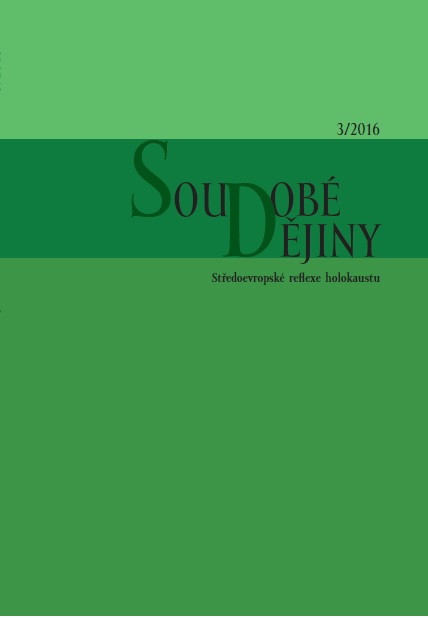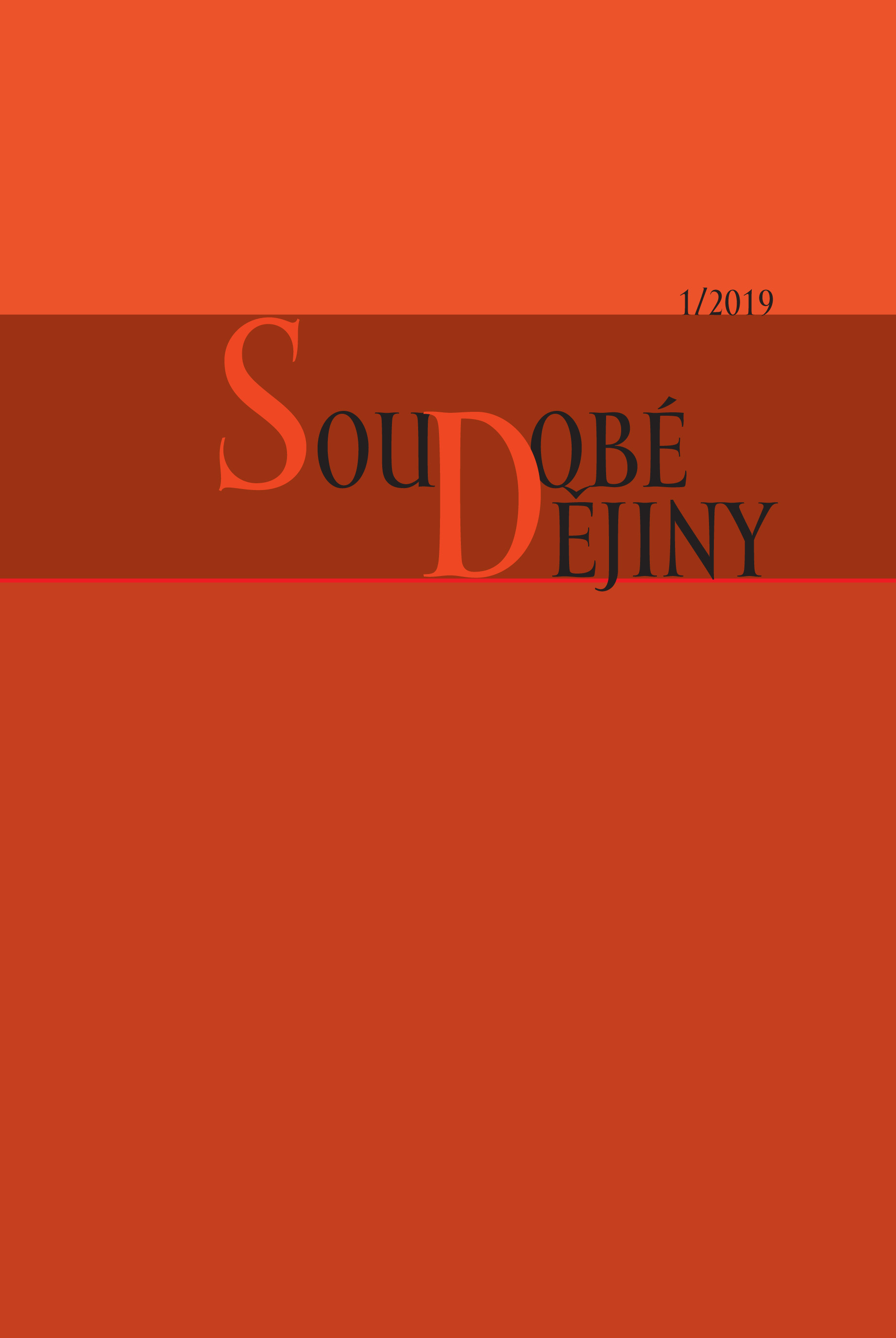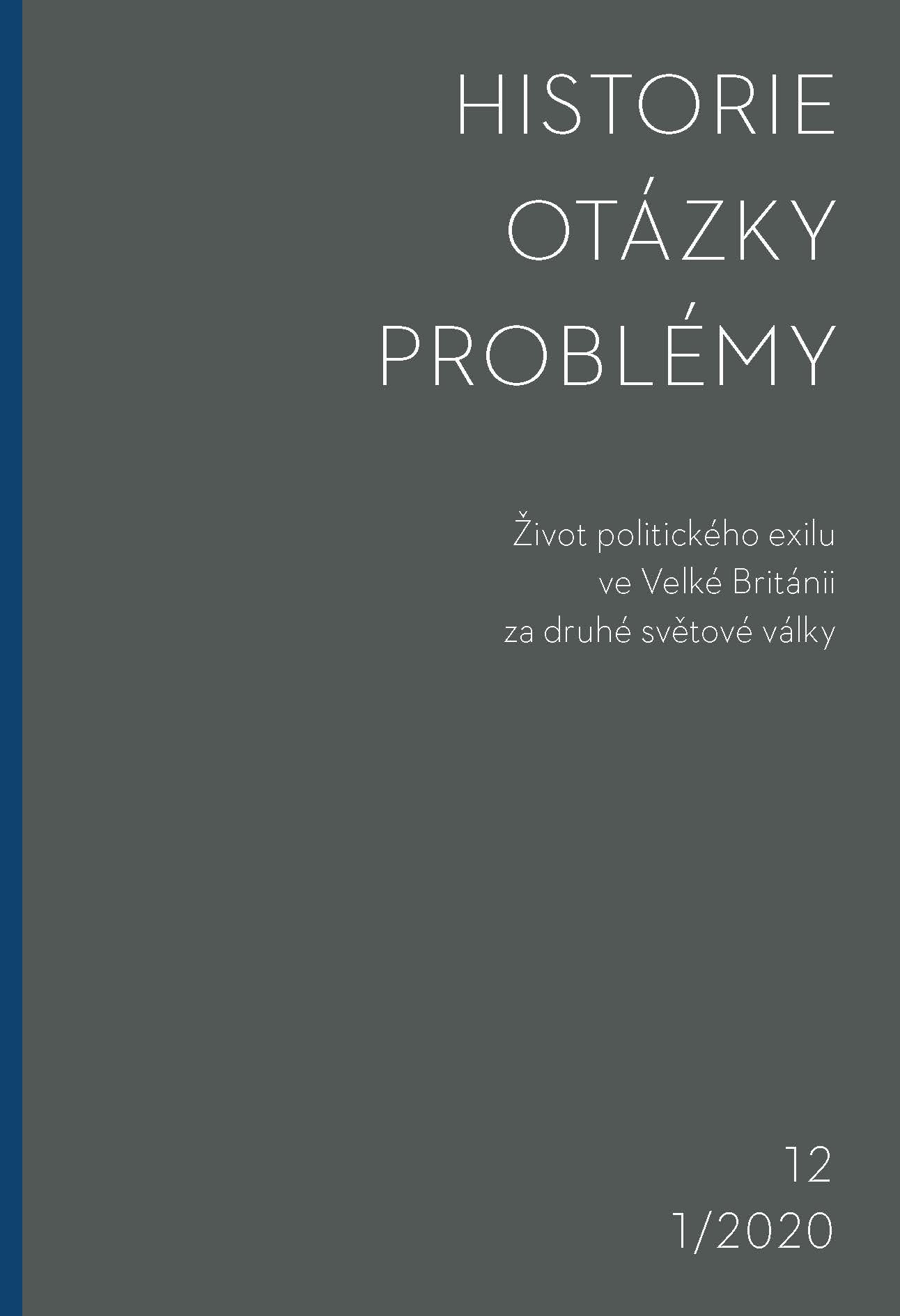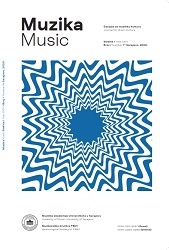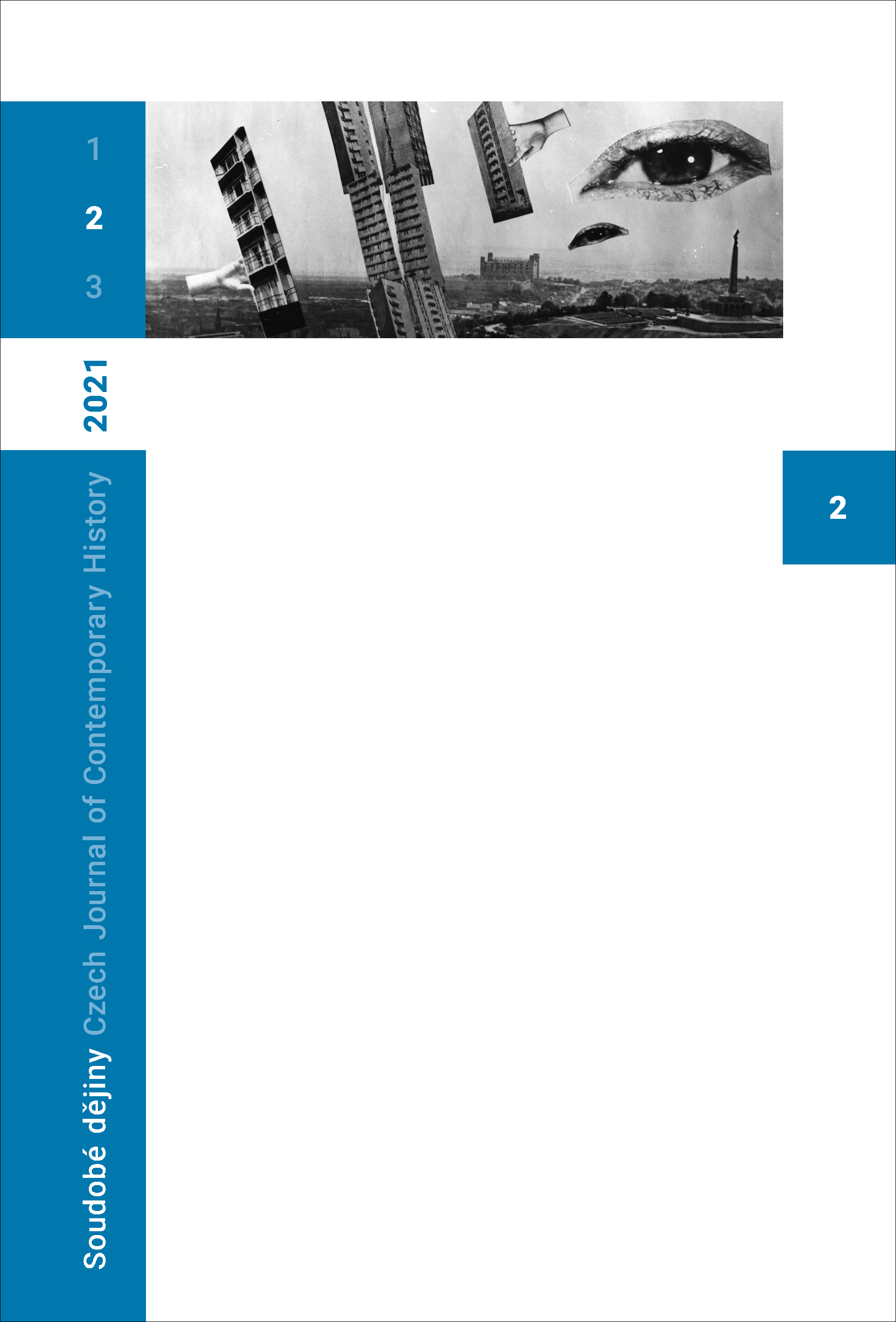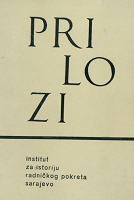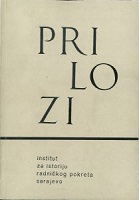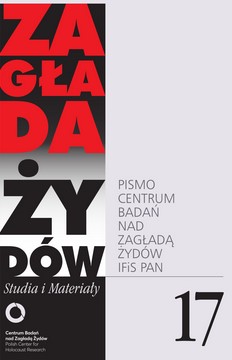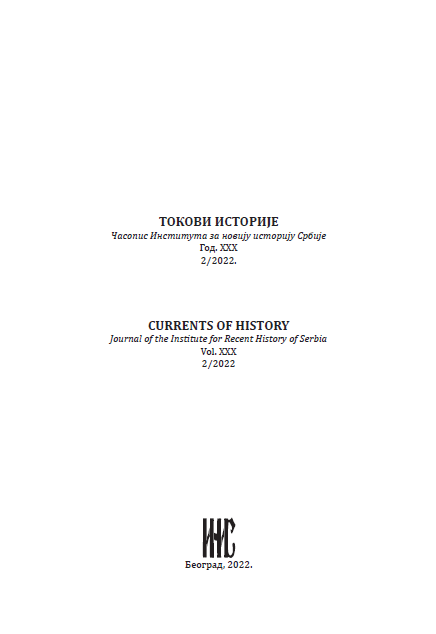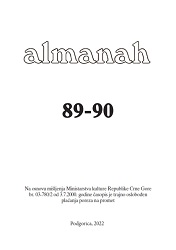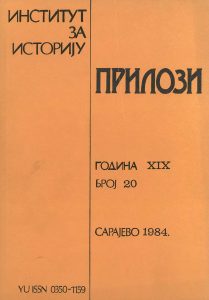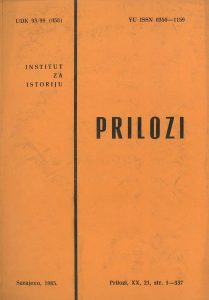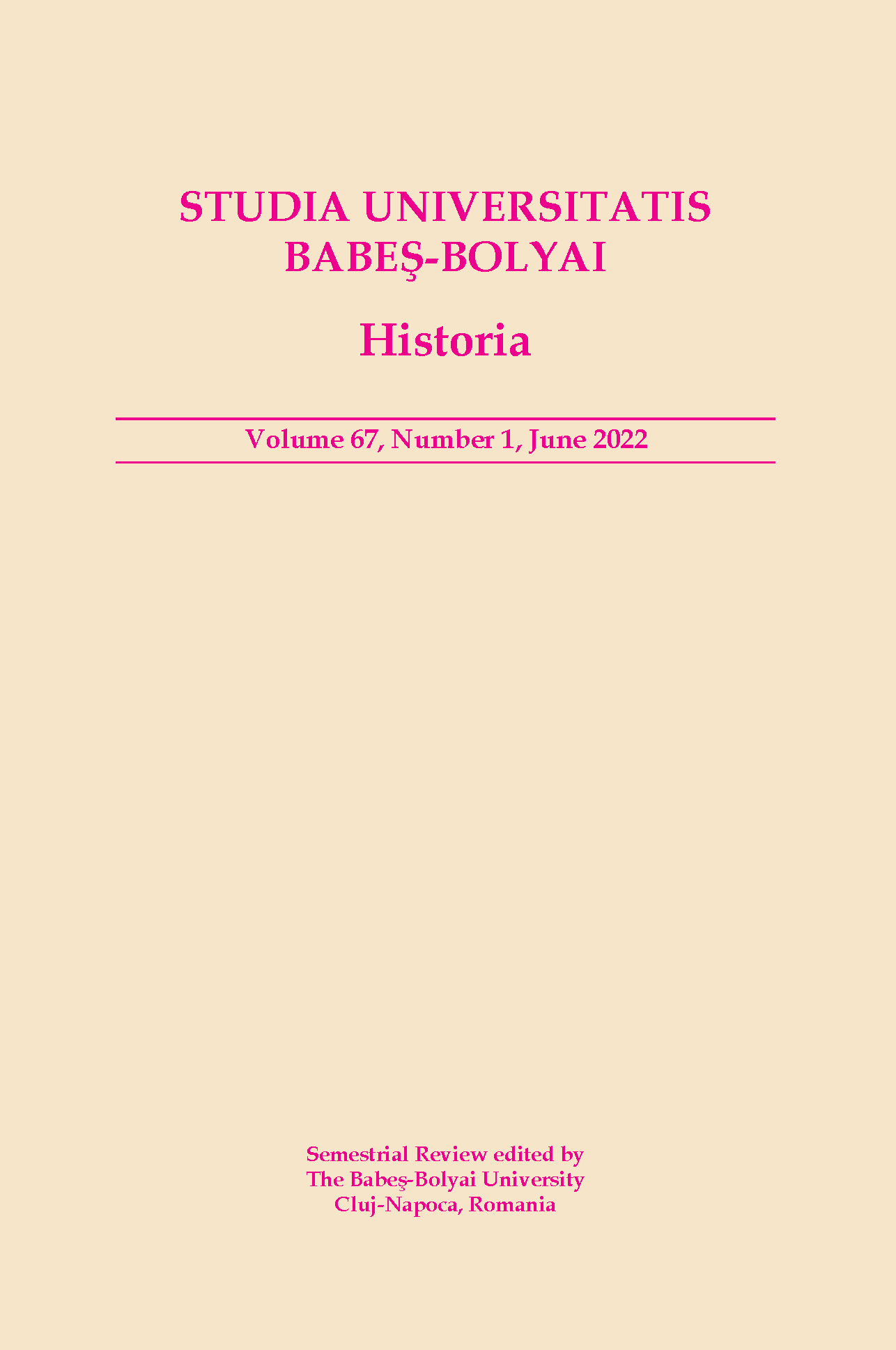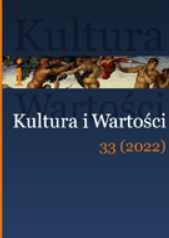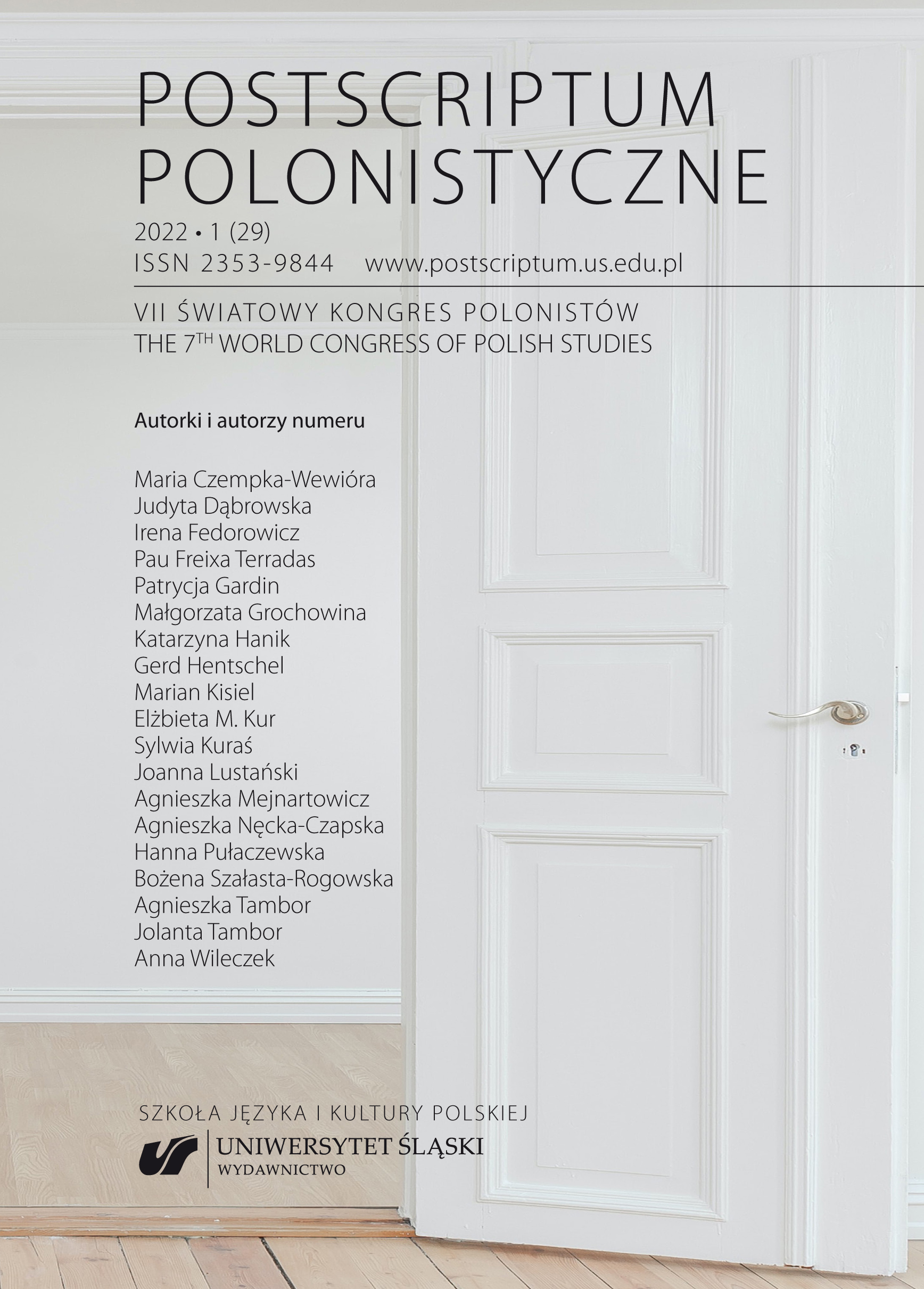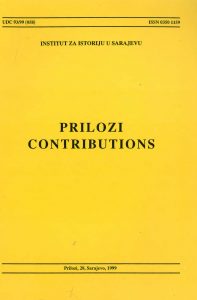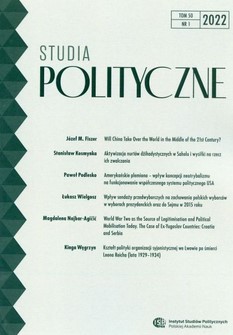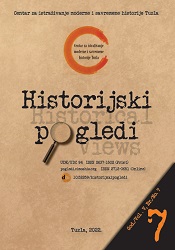Author(s): Kateřina Piorecká / Language(s): Czech
Issue: 2/2021
With this research into the cultural policy in the Protectorate of Bohemia and Moravia, the author demonstrates the importance of official lists, records and files of Czech writers in the process of creating a comprehensive system of regulation of Czech literature and culture in 1939–1945. She describes the administrative changes in the management of Czech culture at the time, which gradually became concentrated in the Ministry of Public Enlightenment under the leadership of Emanuel Moravec (1893–1945) and in the Office of the Reich Protector. The lists and records created within these institutions became the main instrument of this centralized management. This was accompanied by efforts to promote a new value orientation of Czech literature and culture through official propaganda and art critique. Despite the criteria for literature not being clearly formulated, the lists and records were meant to serve as a means to achieve the desired changes and to give preference to certain authors and works, or more precisely, to side line or exclude others from cultural activities. This led to the adoption of a number of measures aimed at direct regulation of activities in literature. The lists of authors determined which authors would be included in school reading lists, who would be allowed to appear publicly, who would escape forced labour in the Third Reich and who would be allowed to publish at all. In this context, the author points in more detail to the vast files “Record of Writers and Poets” (Evidence spisovatelů a básníků), which are stored as part of the Ministry of Public Enlightenment Collection in the National Archives in Prague, and the potential of which as a source of further research, not only in the field of literary history, but also into the Protectorate’s culture, cultural policy and everyday affairs, has not yet been exploited. In these lists, as well as in other related lists, the functionaries of the mentioned ministry collected standardized biographical data as well as data on the works of individual figures in the field of Czech literature (not only fiction writers and poets or dramatists, but also critics, publishers, journalists, translators and authors of professional works). The files also contain invaluable economic information (number of printed copies, publishing houses’ profits, and an overview of authors’ royalties) which not only influenced the authors, but also the regulation and planning of all activities in the field of literature. However, using some examples, the author also shows how the self-defence strategy of Czech culture was reflected in biographical portraits of authors prepared by anonymous ministerial functionaries, in which, for example, the former leftist orientation of prominent literary figures was downplayed and their indifference to politics and the significance of their work for the nation were highlighted. The annex to the article is an extract from the vast list of authors, printings of their works and their royalties, which was put together on the basis of the systematized data in the previously mentioned “Record of Writers and Poets”.
More...
